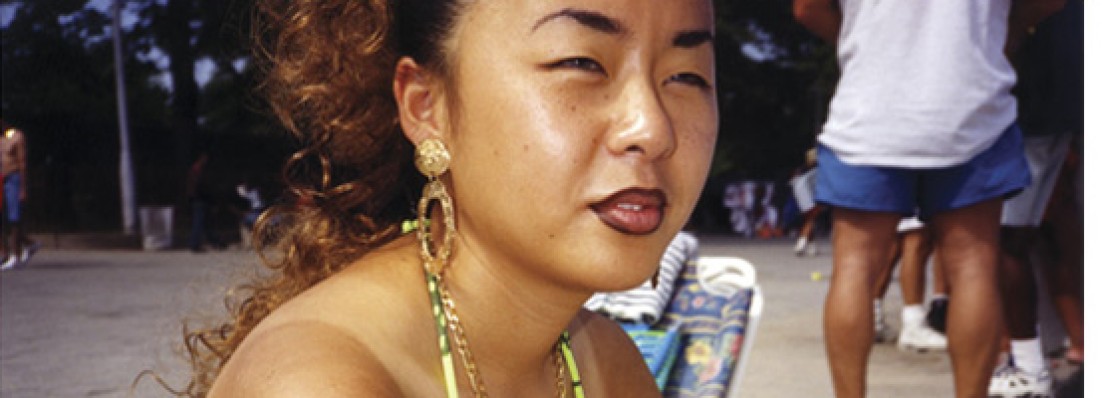Upon first reading through the ghazals in Call Me Ishmael Tonight, I became somewhat worried about what I could write on. Each ghazal seemed so simple that I was uncertain as to how much I would actually be able to analyze any specific one. What was easier to analyze, however, was the recurring themes throughout the book. The main themes that I noticed seemed to be the questioning of the afterlife and God as well as time on earth leading up to the afterlife. Specifically in the ghazal titled “Angels” I felt there was a strong emphasis on questioning of the afterlife and also time. Ali seems to portray the Angels as more human than otherworldly, but still portraying that the angels are not completely human. When he speaks of the “new fashions in which it could dress angels,” the angels seem human, however in this same couplet Ali personifies dawn and night. That also seemed to be a strong theme throughout the collection of ghazals: the very close relationship between life and afterlife. The connection seemed to make the mysteries of the afterlife less mysterious. Also, when it came to the concept of time, in my opinion, it never sounded like a very friendly or graceful process. In “Angels” it is depicted as “the air is my vinegar, I, its perfect preserve.” Vinegar being an acid that although preserves, also causes water to be sucked out of whatever object it surrounds, caused me to imagine someone slowly aging and ultimately getting water, or life, drained out of them. In my head it was not only an oddly gruesome depiction of aging, but a slow and depressing one. By connecting the questions of the afterlife and angels with this depiction of aging, the questioning and uncertainty seemed to be something he thought about as the “vinegar” preserved and drained him day by day.
Identity and the Body in Asian American Literature
ASAM 110 Spring 2013

- Comment
- Reblog
-
Subscribe
Subscribed
Already have a WordPress.com account? Log in now.
%d
June 9, 2013 at 5:17 pm
How does your interpretation link into Ali’s biography and the way he used these poems to negotiate his own ailing body?